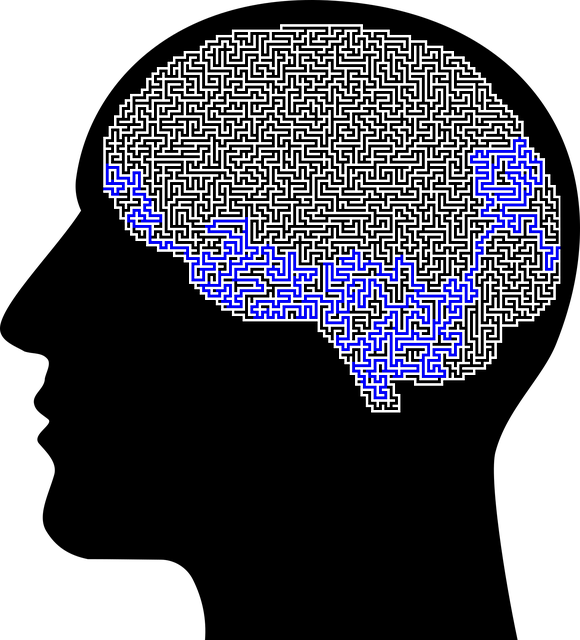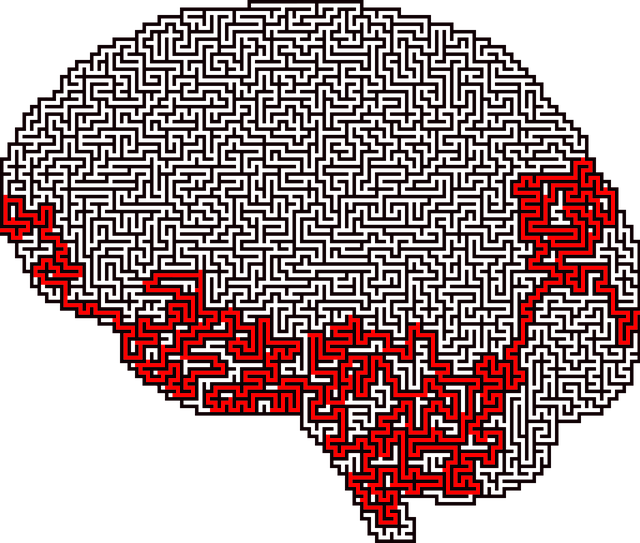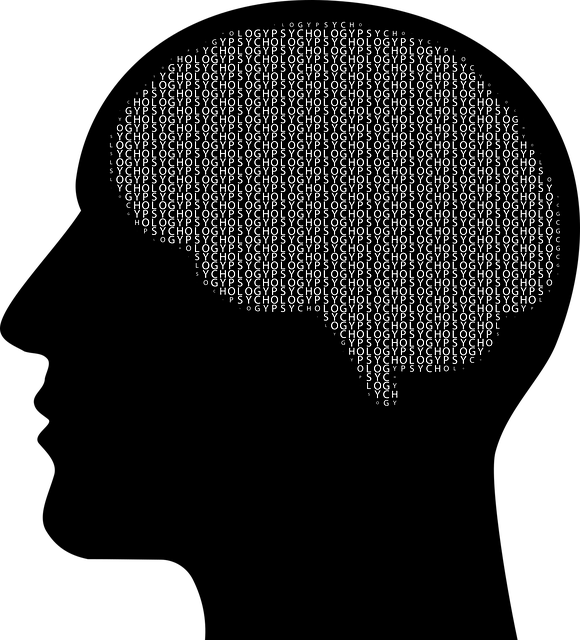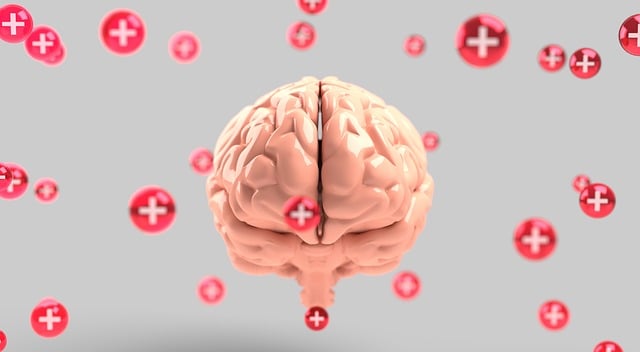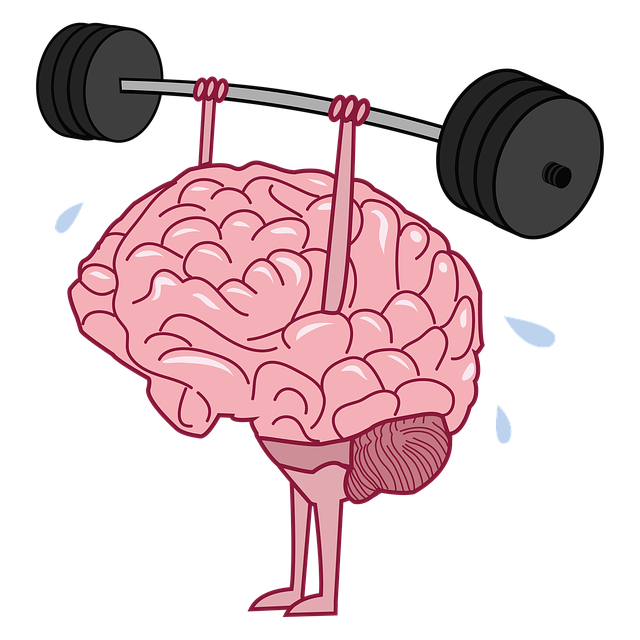Northglenn Psychosis Therapy provides personalized mood regulation strategies, going beyond traditional talk therapy with evidence-based techniques like Social Skills Training and Positive Thinking exercises. They offer comprehensive outreach programs, risk management planning, and community engagement initiatives to ensure mental health resources are accessible to diverse communities. Through therapy sessions, educational workshops, and mindfulness meditation practices, Northglenn helps clients develop coping skills for stress management, anger control, anxiety reduction, and depression relief, ultimately enhancing overall well-being.
Mood regulation is a vital skill, and understanding how to manage our emotions can significantly impact overall well-being. This article explores various strategies to achieve emotional balance, focusing on practical approaches for daily life. We delve into the concept of Northglenn Psychosis Therapy, a comprehensive method proven effective in mood stabilization. By combining theoretical knowledge with actionable tactics, individuals can empower themselves to navigate and regulate their moods effectively.
- Understanding Mood Regulation: Unraveling Emotional Balance
- Northglenn Psychosis Therapy: A Comprehensive Approach to Mood Stabilization
- Practical Strategies for Daily Life: Empowering Yourself to Manage Moods
Understanding Mood Regulation: Unraveling Emotional Balance

Mood regulation is a complex process that involves understanding and managing our emotional responses. It’s about finding balance in an often unpredictable landscape of feelings. Northglenn Psychosis Therapy recognizes that everyone’s emotional journey is unique, and effective mood regulation strategies are tailored to meet individual needs. By delving into the roots of emotional disturbances, therapists help clients develop coping skills for stress management, anger control, anxiety reduction, and depression relief.
Through the implementation of a comprehensive Community Outreach Program, Northglenn Psychosis Therapy extends its services beyond the clinic walls. This initiative ensures that mental health resources are accessible to diverse communities. Additionally, Risk Management Planning for Mental Health Professionals plays a crucial role in creating a safe and supportive environment, fostering trust, and encouraging open communication. By equipping individuals with these tools, Northglenn Psychosis Therapy empowers them to navigate life’s challenges with resilience and self-awareness, ultimately enhancing their overall well-being.
Northglenn Psychosis Therapy: A Comprehensive Approach to Mood Stabilization

Northglenn Psychosis Therapy offers a comprehensive approach to mood stabilization that goes beyond traditional talk therapy. This holistic method integrates various techniques, including Social Skills Training and Positive Thinking exercises, tailored to individual needs. By combining evidence-based practices with a deep understanding of mental wellness, Northglenn provides personalized support throughout the journey to emotional balance.
The program’s success lies in its multi-faceted approach, encompassing not just therapy sessions but also educational workshops and community engagement initiatives. This well-rounded strategy empowers individuals to develop coping mechanisms, enhance their support networks, and ultimately, achieve lasting mental wellness. For those seeking a transformative experience that goes beyond conventional treatment, Northglenn Psychosis Therapy stands out as a beacon of hope through its dedicated team and innovative Mental Wellness Podcast Series Production.
Practical Strategies for Daily Life: Empowering Yourself to Manage Moods

In our daily lives, managing moods effectively is a powerful tool for overall well-being. Northglenn psychosis therapy offers practical strategies to empower individuals in navigating their emotional states. One highly effective approach is incorporating mindfulness meditation into your routine. By focusing on the present moment and cultivating awareness of thoughts and feelings without judgment, you can gain better control over your reactions. This simple yet profound practice has been shown to reduce symptoms associated with mental illness and enhance overall resilience.
Additionally, stress management plays a pivotal role in mood regulation. Engaging in regular physical activity, prioritizing quality sleep, and adopting healthy coping mechanisms like deep breathing exercises or engaging in hobbies can significantly contribute to maintaining emotional balance. These practices not only foster self-care but also serve as effective tools in the ongoing Mental Illness Stigma Reduction Efforts by promoting understanding and acceptance of diverse mental health experiences.
In conclusion, maintaining emotional balance is a multifaceted endeavor. While understanding mood regulation fundamentals is crucial, practical strategies and specialized therapy, such as Northglenn Psychosis Therapy, play equally vital roles in stabilizing moods and enhancing overall well-being. By integrating these approaches into daily life, individuals can gain greater control over their emotional states, fostering resilience and improving quality of life.
